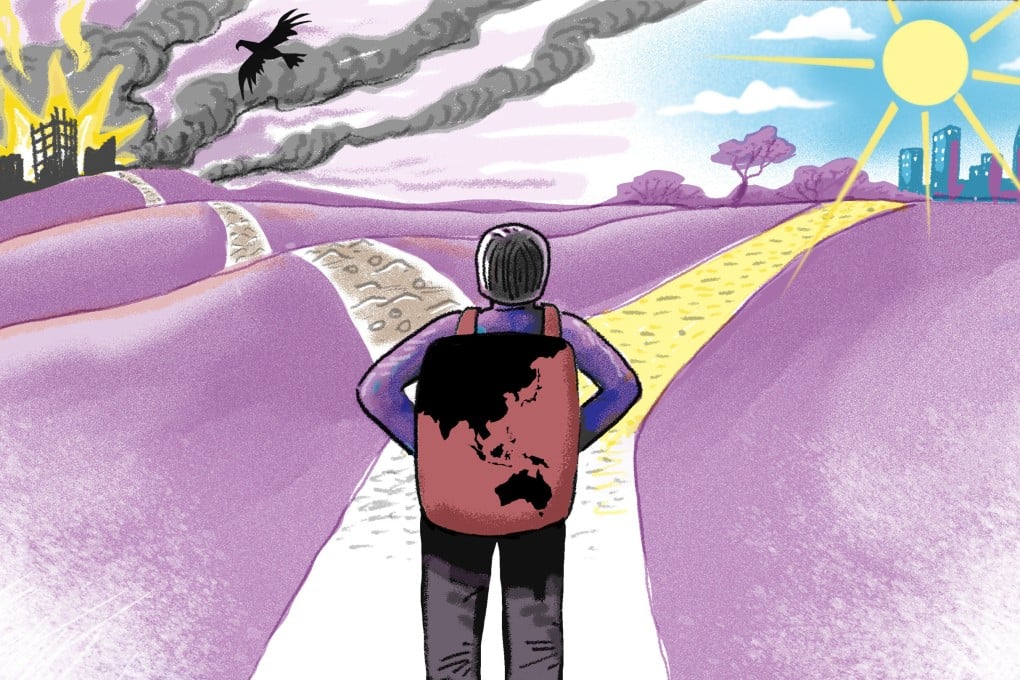Advertisement
Opinion | US confrontation or Chinese cooperation? As the Asia-Pacific contemplates its future security, the choice is obvious
- As the defence chiefs of the US and China head to Singapore to promote their security strategies for the Indo-Pacific, countries in the region face a choice
- Given their desire for development and cooperation, the US’ focus on exclusivity and rivalry offers little compared to China’s vision of mutual understanding
Reading Time:4 minutes
Why you can trust SCMP
34

Complex changes are taking place in the sphere of international security. Civil unrest in Africa and regional hotspot issues in the Middle East are emerging one after another, while the Russia-Ukraine war puts Europe in the eye of the storm, even if a mere few months ago, many thought war was far away from Europe.
Advertisement
In comparison, the Asia-Pacific – despite some uncertainties – has maintained overall peace and stability, with development and cooperation remaining the primary focus.
However, in the context of accelerating tensions among major powers and lack of strategic mutual trust, many are worried how long this peace and stability, and the upbeat momentum conducive to development, can last.
The Shangri-La Dialogue will be held in Singapore this weekend, returning after three years, and the issue of how to maintain peace and security in the Asia-Pacific will be back in the spotlight. Both the Chinese defence minister and US defence secretary will attend the meeting, which is bound to attract high-level attention.
US Defence Secretary Lloyd Austin is expected to deliver a major speech on US defence policy in the Indo-Pacific, while Chinese State Councillor and Minister of National Defence General Wei Fenghe will speak on China’s vision for regional order in the Asia-Pacific.
Advertisement
We have recently seen many developments on the Indo-Pacific strategy from the Biden administration. On February 12, the White House issued its long-awaited Indo-Pacific strategy. Further announcements – the “US-ROK Leaders’ Joint Statement”, “US-Japan Joint Leaders’ Statement” and “Quad Joint Leaders’ statement” – were made during President Joe Biden’s visit to Northeast Asia from May 21 to 24.

Advertisement
